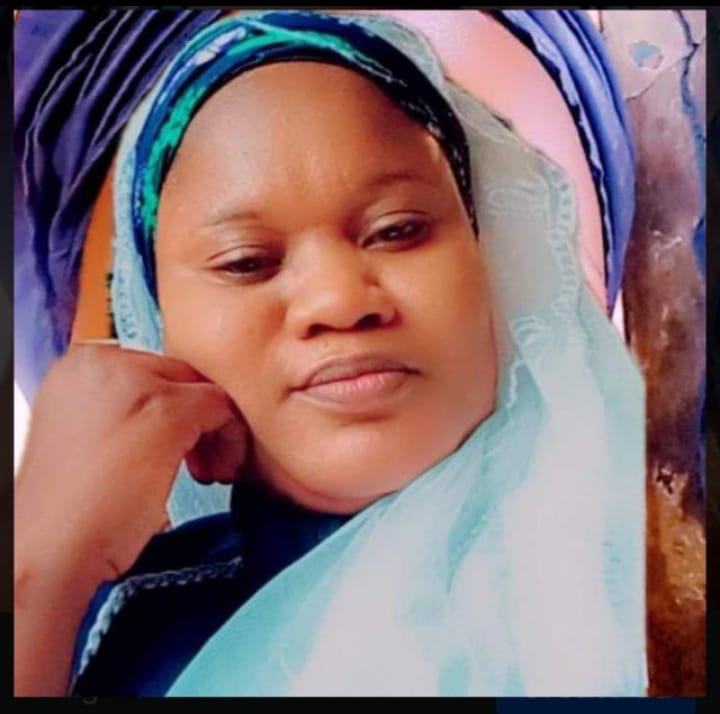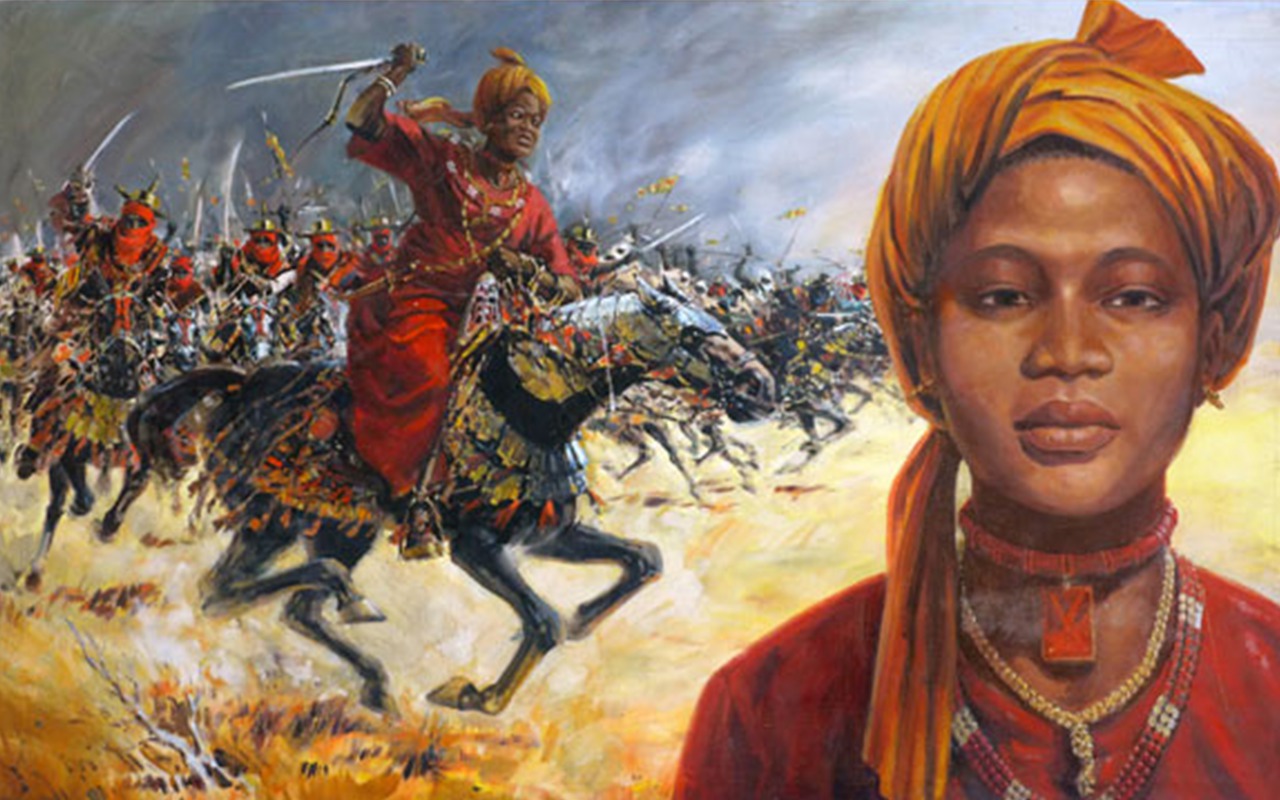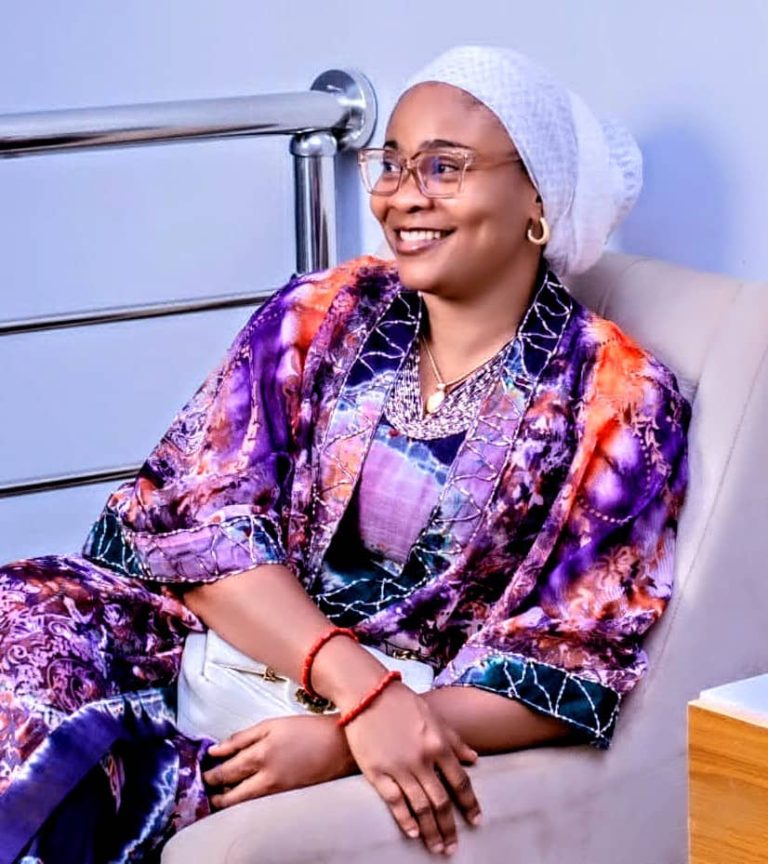Forgotten Heroines: Women Who Shaped History. By Falilat Oreoluwa Dikko

Forgotten Heroines: Women Who Shaped History

There are names we hear in school that echo across the pages of time: kings, conquerors, emperors, and generals. History often tells us of those who led nations, drew boundaries, signed treaties, and held the world in their hands. But rarely does it pause to whisper the names of the women who made all of it possible, women who lived, led, loved, and laboured, yet were left behind in the shadows of the past.
This piece is not just a story; it’s a plea for remembrance. It is a hand stretched toward the forgotten, a soft knock on the doors of memory. It is time we honour the women who carried nations in their wombs and on their shoulders.
Let us begin with a young girl who grew into legend, Queen Amina of Zazzau. Her name should stir the soul of every Nigerian. She wasn’t born into luxury to be idle or ornamental. Amina was born to lead. In the 16th century, at a time when women were expected to simply exist behind the veil of silence, Amina chose the path of strength. She rode into battle not for glory, but for duty. She expanded her kingdom, built defensive walls, and left behind traces of herself carved in clay and memory. Yet, generations have allowed her name to fade like old ink. How could we forget her?

And then there was Funmilayo Ransome-Kuti, so much more than a mother to Fela. She was a mother to Nigerian women’s voices. She stood before colonial officers, not with weapons, but with women by her side which include the market women, widows, daughters, demanding justice, demanding fairness. She was jailed, mocked, and misunderstood. But she never wavered. Her voice was steady. Her eyes remained fixed on freedom. To forget her is to forget what it means to be brave.
Margaret Ekpo’s legacy should bring tears to our eyes, not tears of sorrow, but of shame for not remembering her more. A beautiful blend of class and courage, she led Nigerian women from the markets to the parliaments. She spoke when silence was safer. She dared when retreat was easier. She believed that women were not made for the background, and she fought for their rightful place at the table of power.
And Gambo Sawaba! Oh, what a woman she was. The North remembers her name in soft tones. She was imprisoned over a dozen times before the age of 30. She challenged early marriage, illiteracy, and political oppression. Gambo didn’t have wealth. What she had was more powerful—conviction. She stood for the voiceless when it cost her everything. How can such a spirit be tucked away in forgotten corners of our national consciousness?

Our continent, too, was shaped by women whose hearts burned for freedom.
Queen Nzinga of Angola, who watched her people suffer under Portuguese rule, refused to bow. She negotiated when she could, fought when she must, and loved her people fiercely. Even after losing family, soldiers, and land, she never surrendered her dignity. She was a mother to her people in the deepest sense, protective, powerful, and proud.
From Ghana came Yaa Asantewaa, the Queen Mother who looked her people in the eye and asked, “If you men won’t fight, then we the women will.” She wasn’t bluffing. She led a war to protect the sacred Golden Stool, the very soul of the Ashanti people. She fought not just with swords, but with tears in her eyes and fire in her chest. She was not supposed to lead, but her love for her people made her rise.
And in ancient Nubia, Queen Amanirenas lost an eye fighting the Roman Empire. She didn’t seek pity; she fought harder. She led her armies with one good eye and unwavering strength. Her story should be told to every African child so they learn that true leadership comes not from perfection, but from perseverance.
History has a cruel way of favouring those who write it. And so we find that even in Europe and America, the stories of remarkable women have been pushed aside.
Josephine Baker, an African-American woman who danced across stages in Paris, used her fame to carry messages for the French Resistance during World War II. She was more than a performer; she was a spy, a soldier in silk. How many know her story?
Hedy Lamarr, a glamorous Hollywood actress, spent her nights developing communication technology that would one day shape Wi-Fi and Bluetooth. She was mocked for being “just a pretty face,” yet her mind was decades ahead of her time. Where are the statues in her honour?
Let us not forget Andrée Blouin, who turned personal tragedy, the death of her son from lack of medical care into political activism. She marched, protested, and wrote against colonialism in Congo and beyond. Her grief became her weapon, her loss became our gain.
These women were not accidents. They were not anomalies. They were part of the pulse of history, the unsung verses of our national anthems. But time and society conspired to forget them.
Let us weep, if we must, not just for them, but for ourselves. Because every time we fail to remember these women, we rob ourselves of truth, of pride, of identity. We rob our daughters of role models. We rob our sons of the chance to learn what courage truly looks like.
They were mothers and warriors, midwives and ministers, queens and rebels. They cried, they loved, they endured. They built homes and nations with their bare hands and bleeding hearts. And yet, today, we say their names only in whispers, if at all.
But not anymore.
Let this piece be a beginning, not an end. Let it be a rose placed gently on the graves of forgotten heroines. Let it be a light in a hallway darkened by indifference. Let us teach our children that history is not complete until her story is told too.
To Queen Amina, Funmilayo, Gambo, Nzinga, Yaa, Amanirenas, Andrée, and the many unnamed souls who shaped our world—we remember you. We honour you. We raise your names like flags, high above the noise of time.
Because you were never footnotes. You were the authors of change.
And your stories, your beautiful, painful, powerful stories deserve to live forever.



